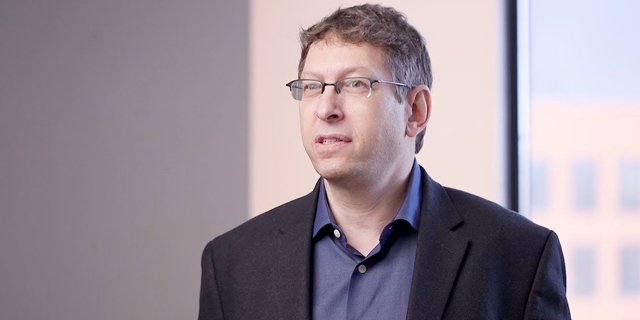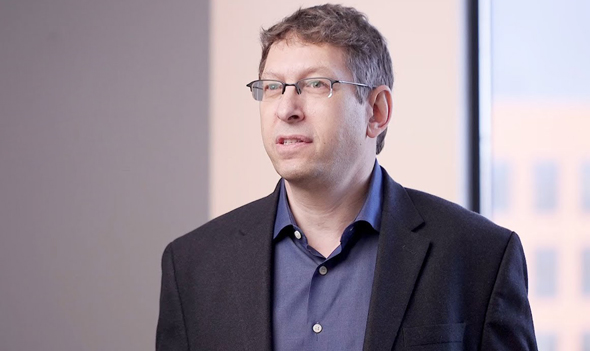
Interview
Moderna’s chief scientist says company initiated vaccine deal with Israel
Israeli scientist Tal Zaks says Israel will be among the first to receive doses from the company’s European plant
"Israel was among the first countries we approached to offer the opportunity to purchase our Covid-19 vaccine early since we anticipated the high demand that would follow,” revealed on Monday, Dr. Tal Zaks, the chief medical officer of Moderna, the American company that earlier in the day published impressive results in their late-stage vaccine trials, claiming it was 94.5% effective in preventing Covid-19. Contrary to the narrative of the Israeli government, claiming it recognized early on the need to purchase vaccines, it turns out that it was Moderna that initiated the acquisition deal in which the state paid $60 million to ensure it received the first million doses of the vaccine.
According to Zaks, Israel will be among the first to receive the vaccine made in Moderna’s European manufacturing plant, which is owned by Switzerland- based Lonza. The U.S. which receives preference for the first 100 million doses will receive its vaccines from the American plant. “That’s precisely why we created the parallel production line in Europe, so we can meet all our commitments,” Zaks said.
Can any drug company with a production facility, Teva for example, produce the vaccine once approved by the FDA, if they were to be given the specifications? “Teva can’t produce the vaccine, since it’s not a ‘recipe’ that you can make the material out of. It took us years to learn how to make the vaccine and months to train the Lonza people on how to produce it. We’re sending our best people to teach the process and like any young technology, it takes time, it’s a difficult project that involves a lot of transfer of patents. A lot depends on the raw materials and the production efficiency and this is the first time the vaccine is being produced.” To what extent can you trust the current results? Who decides when to release the interim results? “All of that is managed by an independent committee that examines the data and decides when to approve publication. The figures were clear even when there were 53 Covid-19 cases in the experiment, but we waited until we had 95.” Are all the test subjects carrying on normally after receiving the vaccine or could they be extra cautious and not being exposed to confirmed cases? “The subjects are living completely ordinary lives, some even work in the healthcare sector. They are all exposed to the virus. In any case, the results are clear and indicate the vaccine is 94.5% effective.”
What about the transmissibility of those who have been vaccinated? Is there already information about their ability to infect others even though they themselves are vaccinated?
“At this stage, it is too early to tell, these are figures that we’ll have to examine when we test the blood of vaccinated people for antibodies.“ What about the vaccine’s effectiveness over time? Is it possible that the vaccine is highly effective but doesn’t last more than three months? “I don’t think that’s reasonable, there are very high levels of antibodies in the blood that we saw in the clinical trials, and that provides a sense of security and optimism. Of course, we will have to monitor the test subjects, but the high effectiveness rates offer a light at the end of the tunnel.” When it comes to transfer and storage, your vaccine works similarly to the way Pfizer’s does and even showed similar effectiveness rates, but requires completely different cooling conditions. Your vaccine can hold up to six months in an ordinary freezer and up to a month in a fridge, yet theirs needs to be kept at minus 70 degrees celsius. How do you explain the discrepancy? “We invest a lot in improving the production process and that includes patents in the field of preservation and finding the proper storage temperature. I can’t speak to Pfizer’s vaccine.” And yet, until now, you have not been able to bring a single vaccine based on mRNA to market. “It takes years to develop a vaccine, every phase takes a long time and requires lots of regulatory approvals. That’s why even our most advanced vaccine is beginning stage three trials now. In the case of Covid-19, we received approval to conduct clinical phases concurrently and the authorities approved many processes quickly so you can’t compare the development of the Covid-19 vaccine to regular ones.”
